This next post in my ongoing Restricted Diet series with the Free People blog BLDG25, covers a topic that people write me requesting help with and advice on, all of the time. Besides eating at parties or events where the menu is out of your control (which I talk about here), dining out is one of THE most challenging situations when you have dietary restrictions. As with most situations, the best thing you can do is plan ahead and do your research.
Research restaurants in advance. Many restaurants offer their allergy policies right on their websites. Additionally you may be able to find customer-driven review sites with extensive reviews that will let you know how friendly to your diet a restaurant is. Usually I will preselect dishes from a restaurant’s online menu that I think are safe, then I will call and ask, or ask when I get there, if it is safe for me to eat. Many times I will select a backup meal in the event that they don’t have what I wanted or it turns out I cannot have it after all.
Call the restaurant to verify its food allergy/restricted diet friendliness. When possible, call ahead of time and ask the manager if they can accommodate you given your allergies or restrictions. Many times if you call and it isn’t busy, they will offer suggestions right over the phone. Calling ahead and alerting the staff allows them to be prepared for you, which makes for much easier communication and a better experience when you arrive.
Make a reservation and if possible, make it during off-peak hours. Busy restaurants are less able and less likely to slow down, speak with you one-on-one and help address your personal needs, thereby increasing the risk of a mistake. It is always easiest if the head chef or manager is on site.
Avoid restaurant buffets and salad bars. Cross-contamination is highly likely because of spills and shared serving spoons. Additionally, foods on the buffet aren’t being made especially for you, with your restrictions in mind, so you are taking a big risk.
Don’t show up starving. If you are unable to call ahead or select the exact restaurant you are dining at and you are unsure if you are going to be accommodated, it is best to not show up ravenous. You will rush to make a choice from the menu just so you can eat something and you are much more likely to make a mistake.
Start a dialogue and ask open-ended questions. Do not be afraid to inquire about specific ingredient lists, restaurants’ procedures for avoiding cross-contamination and staff communication protocols – but do so in a polite way that inspires an ongoing dialogue. Instead of asking if the french fries might have gluten from other foods in the frier or if they use peanut oil in the frier, both of which could be dismissed with a yes or no answer, try asking what kind of oil is used in the fryer or what other foods are fried in that same frier. By keeping questions open-ended, the server is forced to ask the chef about any unknowns – as opposed to possibly guessing or just answering quickly.
You get what you pay for. In my experiences higher-end restaurants are much more likely to accommodate restricted diets than the more economical restaurants or chains. Many will custom-make or create something that isn’t on the menu, special and safe exclusively for you, that is oftentimes as good or better than everything on the regular menu.
Inform the staff that you have a food allergy or restrictions. Take an extra minute to explain that it is not simply a “dislike” for a certain food or ingredient. I will oftentimes tell a server just how sick I will get if I accidentally eat gluten. Sure I may embellish it a bit if they are being dismissive and rude, but hey, whatever works!
Ask to speak to a manager, chef, and/or cook who will be preparing the food, not just the waiter. Consider bringing a dining card explaining the things you can and cannot eat. Downloadable cards are available online for a variety of diets, in many different languages.
Ask if you can bring your own food in. If you are headed to a restaurants that you have no choosing in, such as a group meet-up, etc – if when calling ahead your special requests cannot be accommodated, ask if you can bring your own food with you so you can at least still spend time with your friends and be there for the social aspect. Some restaurants will even cook your gluten-free pasta, serve a sandwich on your vegan bread, etc. But, don’t assume this. Always call ahead and ask.
Acknowledge and share your positive experiences. If the service was excellent and your meal was prepared correctly, if they went above and beyond to accommodate you and your restrictions, please take the time to thoroughly thank the staff, leave a generous tip and let the restaurant staff know that you’ll be returning. Of course, recommending their establishment to others by way of blogs, social media, and review sites like Yelp or Urbanspoon is always a great way to help a diner with similar restrictions know just how accommodating and friendly a restaurant is.
Though the restaurant you eat at, may not always be your choice and you may not always have the luxury or calling ahead of researching, there are always ways to make it work for you and any dietary limitations you may have.
This post was originally shared on the BLDG 25 blog as part of my ongoing restricted diet series. Please do feel free to leave comments below with any advice you have to share on the topic if you have experience. It is definitely a very daunting experiences to those new to a limited diet.
Photos by Naomi.
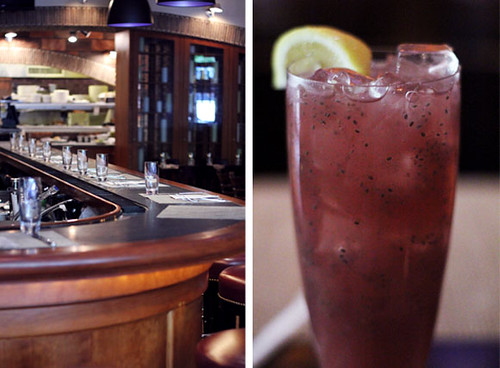
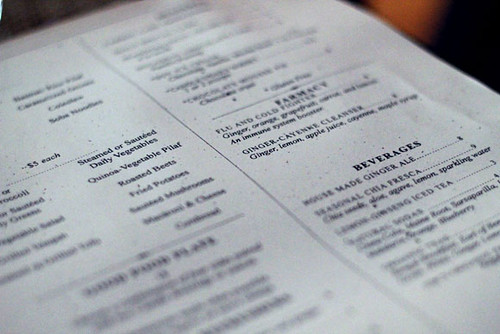
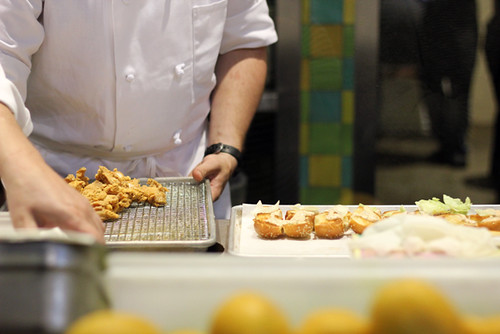


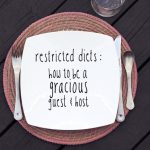
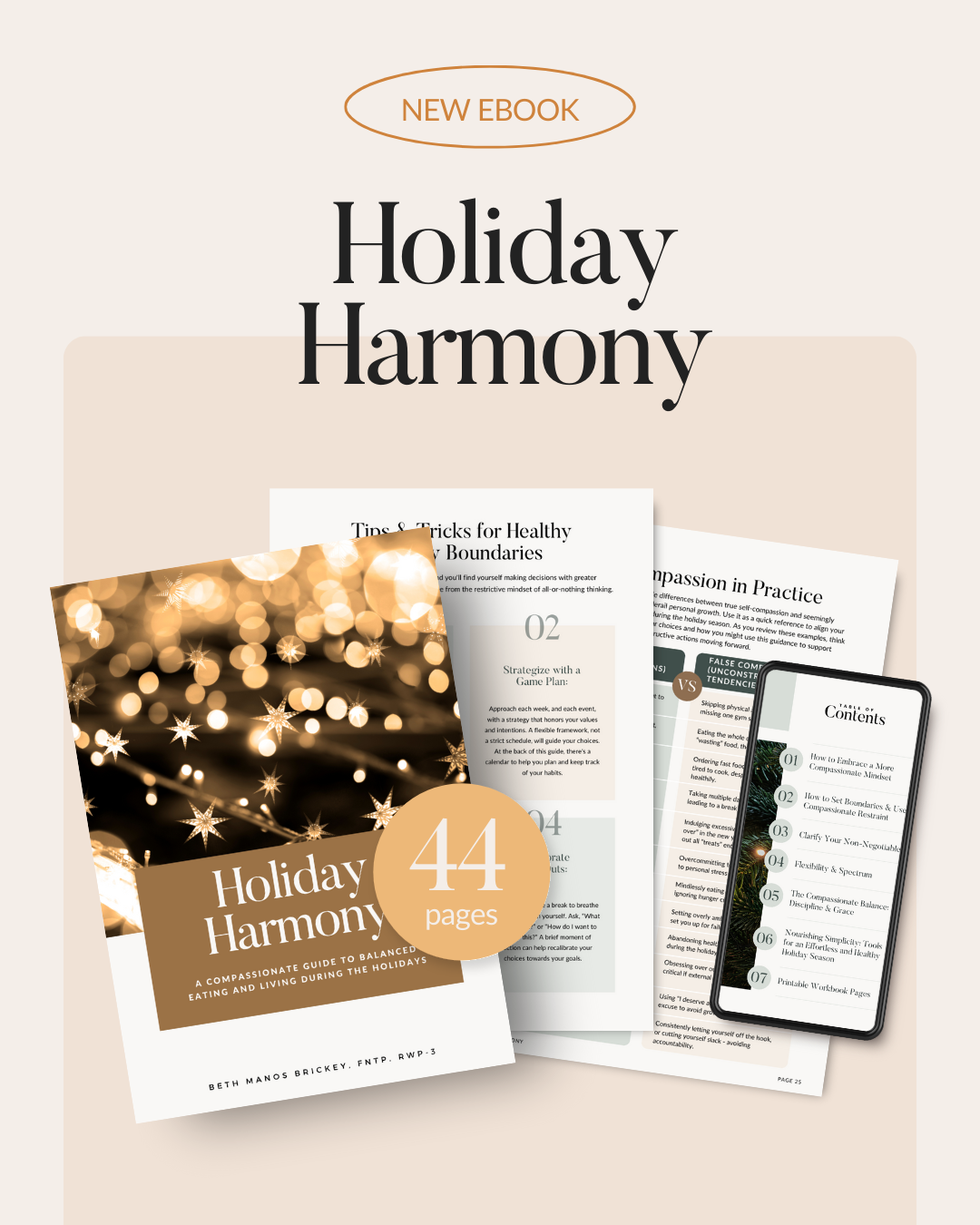
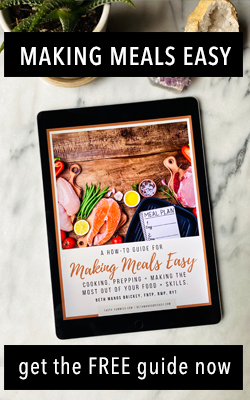
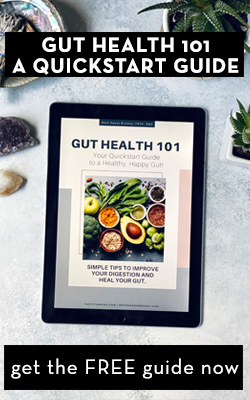
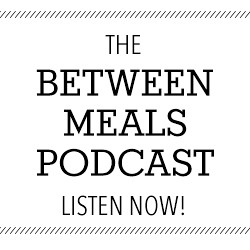
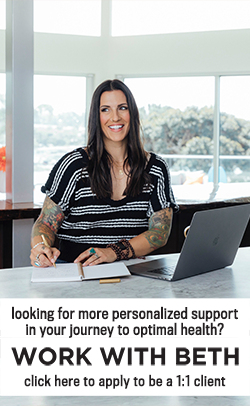
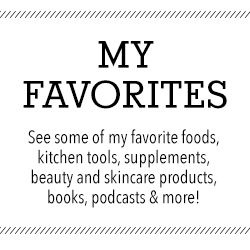

2 Responses
And be prepared to walk out if your server rolls their eyes when you ask questions. Seasoning mixes also hide gluten.
I would love to receive a recipe for GF breads that actually TASTE GOOD.. IF you can spare the time, I would really appreciate it..Thank-you JIM